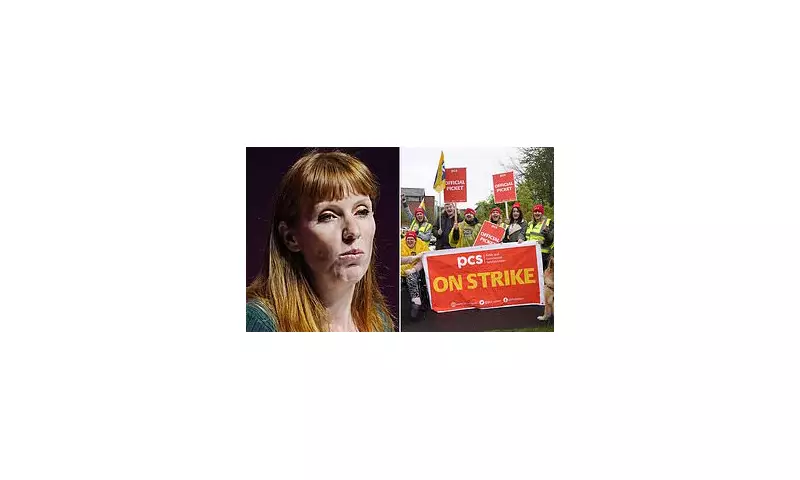
Labour's Deputy Leader Angela Rayner finds herself at the centre of a glaring political contradiction after publicly condemning civil servants for planning a 'work from home' strike, despite being one of Parliament's most vocal advocates for flexible working arrangements.
The Public and Commercial Services (PCS) union has announced that thousands of government employees will stage a unique 'work from home' strike in response to mandatory office return policies. The industrial action, set to begin in the coming weeks, will see civil servants refusing to commute to their Whitehall offices while continuing to perform their duties remotely.
The Height of Hypocrisy?
Rayner, who has consistently promoted flexible working as a 'force for good' and previously encouraged employers to embrace hybrid models, now faces accusations of staggering hypocrisy. Her criticism of the strike action appears directly at odds with her long-standing parliamentary position on workplace flexibility.
Conservative MPs were quick to seize on the discrepancy. One senior Tory remarked: 'This exposes the utter hypocrisy at the heart of the Labour Party. Angela Rayner wants to have her cake and eat it too - championing flexible working while criticising those who practice it.'
Union Stands Firm
PCS General Secretary Mark Serwotka defended the unprecedented strike action, stating: 'Our members have proven they can work effectively from home throughout the pandemic. Forcing them back into offices against their will is unnecessary and counterproductive. This action demonstrates how essential remote working has become to modern government operations.'
The union argues that mandatory office returns disregard work-life balance improvements and environmental benefits gained from reduced commuting. They contend that the government's stance contradicts its own net-zero commitments by insisting on unnecessary daily travel.
Whitehall Braces for Impact
The coordinated action is expected to affect multiple government departments simultaneously. While essential services will remain operational, the strike may cause significant disruption to ministerial operations, policy development, and inter-departmental coordination.
A government spokesman responded: 'We believe in the value of face-to-face collaboration and the role of the office in maintaining our strong civil service culture. We have been reasonable and flexible in our approach, but we expect civil servants to maintain their normal working patterns.'
The confrontation highlights growing tensions between traditional workplace models and post-pandemic working expectations, with political leaders struggling to reconcile their policy positions with practical realities.





